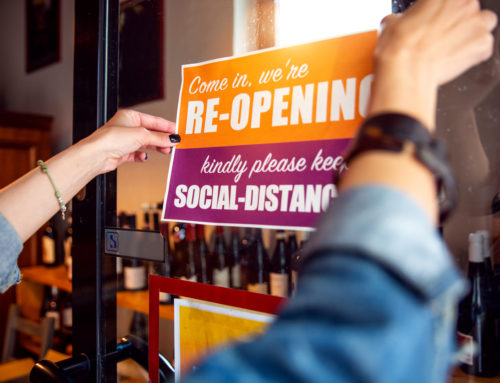Social media dominates how we interact. The three media platforms, Facebook, Instagram, and Twitter, have 1.6 billion, 800 million, and 300 million active users respectively. As with everything else, social media has spread to the professional sphere and greatly determines how companies interact with their consumers and employees. Further, the natural offshoot of this is employers using social networking as a way to monitor potential employees. This has brought up a lot of questions regarding not only the effectiveness of such an activity, but also the ethics of such an action. The answer to this question roughly falls into two main camps – that employers should use every tool at their disposal, including social media; and that looking into social media is a form of spying and abuse of power.
Yes, Recruiters Should Look Into a Candidate’s Social Media
Approximately 77% of companies use social media to check on potential recruits – and why wouldn’t they? Social media can be a powerful screening process that shouldn’t be ignored. When searching for a candidate, recruiters can find plenty of positive characteristics in a potential employee – everything from communication skills, conscientiousness, and charitable causes. Hiring managers can discern if someone is prone to drug abuse, racism, and sexism based on what pictures they post and what they type. This can also give insight on an applicant’s abilities – often times artists and writers will post their work, which can be used as an unofficial portfolio.
In order to minimize legal risk, employers follow ban-the-box laws. This mandates that employers give a candidate at least one interview before asking about government and criminal convictions. Therefore, the best time to check social media is between the interview and the potential job offer. If there is worry about potential abuse, delegate the task to an impartial third party, such as Bishop & Company, to do any research. When searching for a candidate, it’s best to remember to look for positive qualities of a prospective hire, rather than looking for a reason not to hire someone.
No, Companies Should Not Look Into a Candidate’s Social Media
There are many legal risks involved when researching a possible employee involving age, race, gender, and religious affiliation. Because federal laws protect these characteristics, employers could face trouble with the authorities if they are dismissing candidates based on these. Even outside of these obvious problems there are still several issues that are difficult to ignore. For instance, a candidate could be dismissed based on certain out of context updates and pictures. A picture of an applicant drinking might be an actual rare occurrence, or a single offensive tweet might be a joke. Worse is that candidates with a common name might be mistaken for different people on social media platforms.
From here it’s a matter of looking into the ethical aspect. Where do you draw the line? Facebook pages and Twitter accounts are rarely set up with potential employers in mind. Should HR hire a private detective to follow a prospective worker? Should cameras be installed inside their homes? The answer to these is obviously no, yet looking at someone’s social media can be comparable. Even an instance of a candidate having no social media presence can harm them considerably – employers are 60% less likely to call someone back if there is nothing online. This unfairly discounts a hard-working person based on nothing more than them not wanting to use social media.
What About Current Employees?
Looking at current employees’ social media is protected by federal law – with certain limitations. The National Labor Relations Act (NLRA) protects employees who engage in group activities to better their work environment. This can be in the form of a union but also protects those workplaces without a union. Personal gripes with a company are not protected. When researching current workers, disciplinary action is forbidden in cases where someone is trying to bring up issues in a concerted way – this being defined as individuals or groups of individuals who want to improve their workplace with constructive feedback for management. On the other extreme, such as the use of expletives against a company or manager, is not protected, so HR can take measures to discipline the employee in question.
Final Thoughts
The vast majority of companies look up a candidate online – the rationale being that it can filter out bad employees. While this is true, this system is open to plenty of abuse and should be used carefully. A company that is thinking about using social media for research should be trained and mindful of their limitations – even the most compassionate and rational human being is prone to subtle discrimination. To avoid these pitfalls, many companies choose to outsource their recruiting to trusted and professional employment agencies like Bishop & Company. Any tool can be used well by a professional and be dangerous in the hands of an amateur – social networking websites are no different.






Leave A Comment